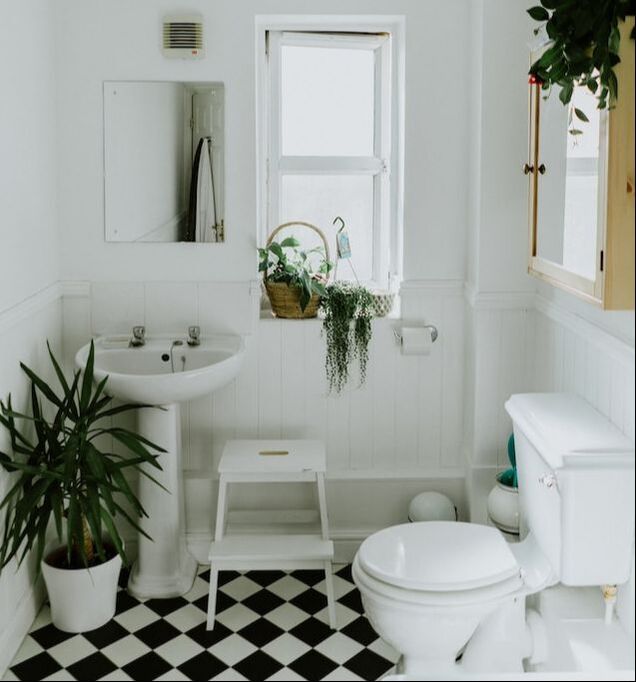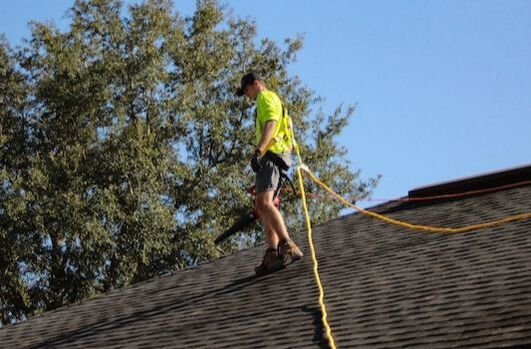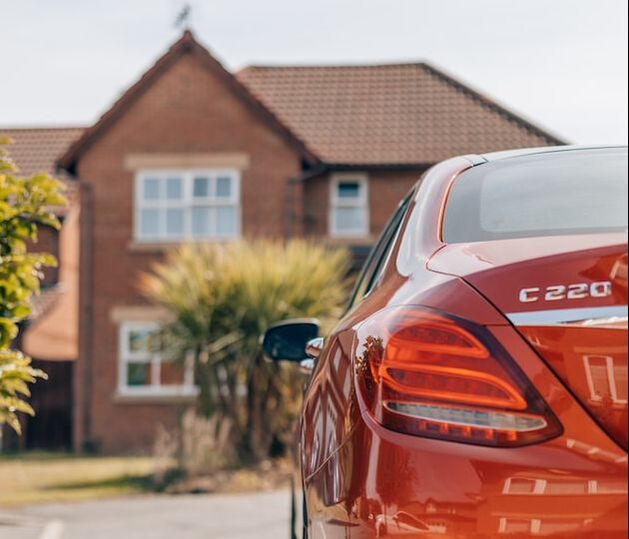|
Moving to a new home can be a busy and chaotic time. One thing NOT to overlook is what your homeowners or renters insurance covers during the move.
Are you hiring a mover, doing it yourself with your own vehicle, or renting a vehicle to move your personal property?, Your insurance coverage can vary with each of these scenarios, so read on. Small drips can turn not only into wasted water and increased utility costs but also into a nightmare water damage insurance claim. The EPA says 10% of homes have water leaks that exceed 80+ gallons/day. Yes, per DAY.
Some leaks are visible and can be taken care of, but other leaks can be covered and unknown to homeowners. These are the ones more likely to cause unforeseen structural damage to your home but there are ways to detect them before that happens. How can you find these hidden leaks before they cause damage? Check these places: When you're deciding which insurance carrier to use for your coverage needs, typically policyholders prioritize cost-related factors.
There is one factor that is rarely researched that can have a significant financial impact: Roof damage is one of the most common homeowners insurance claims. Insurance companies have used extensive data to determine likelihood of damage occurrence as a roof ages.
How long should you expect your roof to last? Typically, your homeowners insurance policy covers certain perils that cause roof damage. However, there are factors that are NOT covered, including the following:
Roof damage is one of the most common homeowners insurance claims. What is covered by your policy and what isn't?
Generally, it depends on the source of the damage. Most insurance companies provide coverage for sudden and unexpected occurrences like the following: Auto subrogation is a legal concept that allows your insurance company to pay for your auto accident expenses up front and then pursue recovery from a third party who is responsible for the loss/damage you incurred.
The goal is to ensure that the at-fault party pays for the damages, rather than you, the victim, or your insurance company. It helps your insurance company minimize its losses and keep the premium rates low by shifting the burden of paying for the damages to the responsible party. At the same time, it allows you to receive compensation for your losses without having to deal with the responsible party directly, which can be time-consuming and expensive. When is it beneficial to use auto subrogation? Here are 3 typical scenarios: If your car has been deemed a total loss by your insurance company, there are steps you can take to maximize the actual cash value you receive for it.
Here are 3 tips to help you get the most out of your totaled car: When a vehicle is in an accident, the insurance company assesses the damage. How does the insurer quantify the damage and if a car is a total loss? The calculation may be a surprise to you. Here are the details:
Bundling your home and auto insurance policies often leads to savings and convenience. BUT, there are certain situations where it might be better NOT to bundle your policies. Here are 4 scenarios in which keeping your home and auto insurance policies separate may be better.
It can be very beneficial to purchase both auto and home policies from the same insurance company, known as bundling. Here are 5 advantages to doing this:
It's Master's week in Augusta, attracting thousands of visitors to this area. With such a large number of people and vehicles in one place, parking can be an issue. If you end up parking on private property and your car is hit, here are 5 steps to take:
|
AuthorDennis Lam Archives
July 2024
Categories
All
|












 RSS Feed
RSS Feed
